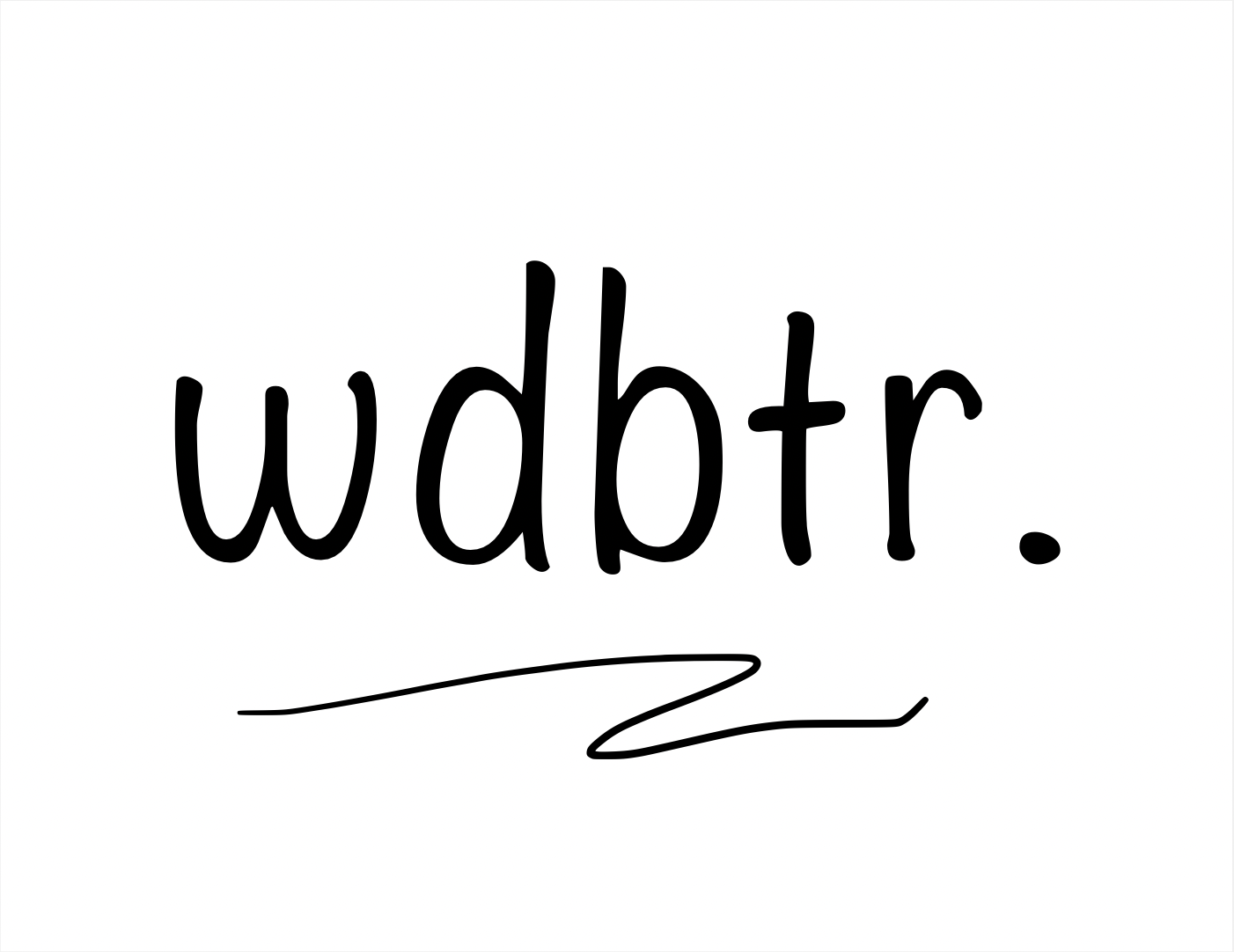
In an effort to alleviate the unfair and hurtful bias toward the first letters of words, Brentman-Hickok has proudly published second-letter and third-letter editions of its Fourth New International Dictionary.
Aiming to be more inclusive and less discriminatory, the century-old lexicographic institution has at last put out their answer to the repeated claims of prejudice and intolerance that have beset it since readers began to complain about abuse suffered at the hands of language.
“It’s finally time to address the initial-letter supremacy that has plagued our fine publication since its outset. We care about all letters, not just first ones,” promised Benjamin Woodson, editor-in-chief of Brentman-Hickok.
The new editions, released simultaneously so as not to imply a preference for either one, were originally planned as the first two in a series of volumes to incorporate fourth-, fifth- and sixth-letter editions. But, as the editors noted, making them first in any series would in itself display a bias for the second and third letters of words at the expense of subsequent letters.
“We initially thought… I mean, we equitably thought that having several next-letter editions of our dictionary would be the fairest thing to do. But one has to draw the… I mean, one or two or any other number — because all numbers are equal — has to draw the line somewhere,” stated Woodson.
A perusal of the new second-letter dictionary will quickly reveal that, for example, the word “insane” is listed after its opposite, “sane,” as their second letters dictate. Similarly, in the third-letter edition, “nonsensical” succeeds “cockamamie,” given the order of their respective third letters in the alphabet.
Woodson continued, “First-letter supremacy has been a concern of mine personally for a long time. In fact, I’m not even sure about this ‘alphabet’ thing. Haven’t alpha and beta enjoyed being at the beginning for long enough? I’m sure there are other letters who would like to go first for a change.”
Brentman-Hickok had already been taking steps to mitigate the injustices of lexicography by scrapping guide words for its latest first-letter edition, since they represented the first and last entries on a given page. According to Woodson, next on the chopping block are etymologies and pronunciation guidelines, since they serve to perpetuate the systemic iniquities of the past.
Emphasizing the dictionary’s role in routing out intolerance within language, Woodson opined, “These are real letters and they all have a real purpose in our lives. If we as a dictionary cannot be counted on to champion the diversity of the very building blocks of our language, who can? The thesaurus? They haven’t even gotten rid of page numbers yet.”
